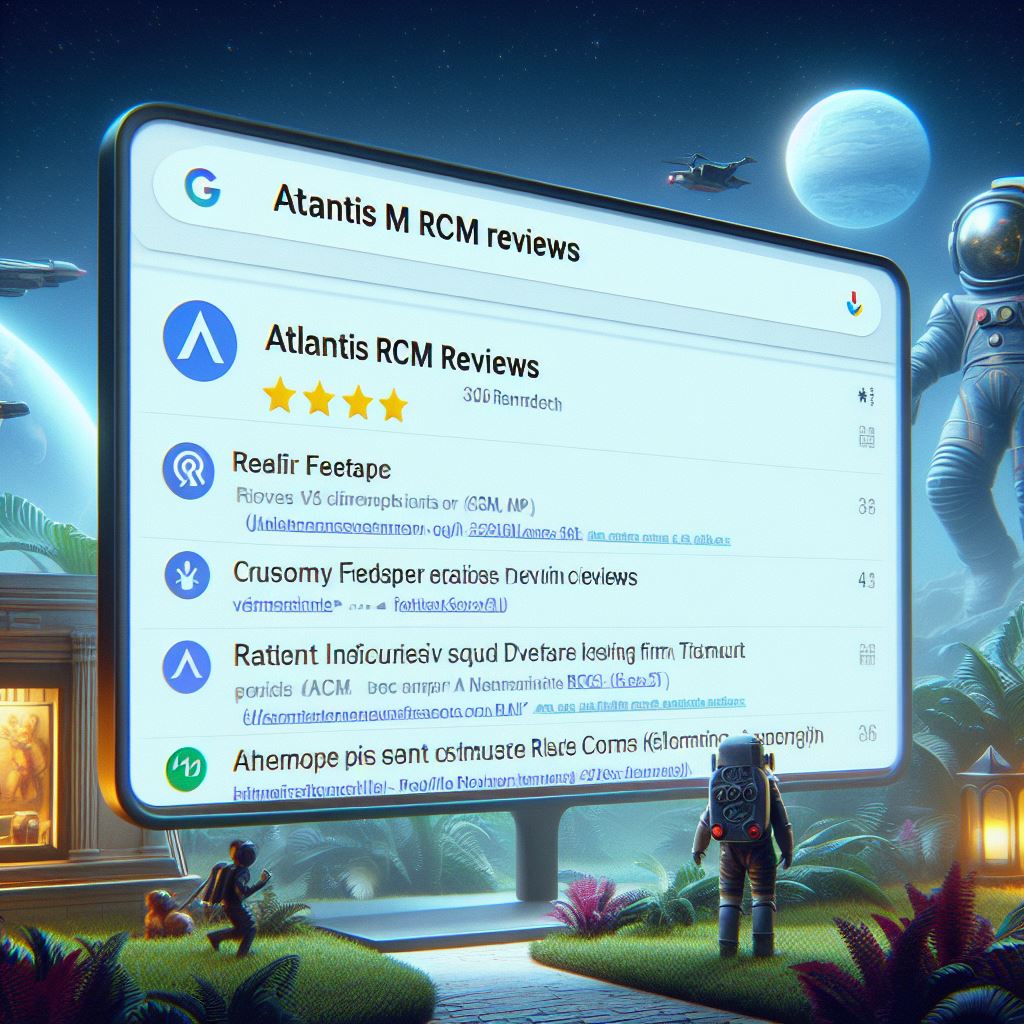
10 Things to Know About Revenue Cycle Management
According to a report from Grand View Research, the global healthcare RCM market size was valued at USD 23.6 billion in 2020 and is expected to expand at a compound annual growth rate (CAGR) of 12.9% from 2021 to 2028.
Much of this growth is driven by increased adoption of automated RCM solutions.
Today, we'll be talking about a really important part of healthcare system called Revenue Cycle Management (RCM).
Maybe you've heard this term before, or perhaps it's new to you. Either way, we'll explain everything you need to know about this crucial part of healthcare.
What's the Scenario?
First, let's get a sense of the big picture. The world of healthcare system is like a massive, complex puzzle, with loads of different pieces that all need to fit together. One of these puzzle pieces is Revenue Cycle Management (RCM).
It's responsible for managing the money flow in healthcare, ensuring everything runs smoothly.
Understanding RCM

So, what is RCM exactly? Imagine it like a music conductor, leading an orchestra. RCM directs everything related to money in healthcare, from setting up appointments to making sure bills get paid.
It keeps everything organized and ensures everything works together in harmony.
RCM: The Lifeline of Healthcare
RCM is a key part of the healthcare world. It's like the steady heartbeat that keeps everything moving. Each beat symbolizes a bill paid, a claim processed, and money coming in to support healthcare services. Without RCM, the healthcare system couldn't function properly.
RCM and Technology
RCM has come a long way over the years. It's gone from being a manual, paperwork-heavy process to a streamlined, tech-savvy operation. Think of it as upgrading from a horse and carriage to a super-fast electric car. Tech tools like electronic health records, billing systems, and machine learning are now driving RCM.
Challenges in RCM

Like any journey, RCM has its ups and downs. Things like changing healthcare rules, mistakes in paperwork, and balancing patient care with money talks can be tough. But with good planning, training, and commitment to quality, these challenges can be overcome.
Outsourcing RCM
Nowadays, many healthcare providers are getting outside help for RCM. They're trusting this important task to specialists who know all about it. This lets healthcare providers focus on their main job: looking after patients. But it's important to pick the right partner who can work well with your team.
Prioritize Training and Education
A well-trained team is the cornerstone of effective RCM. Regular training programs can ensure that all team members are updated with the latest industry standards, billing regulations, and technological tools. This empowers them to perform their roles more efficiently and make fewer errors in the revenue cycle process.
Embrace Technology

In today's digital age, leveraging technology is non-negotiable. Implementing a robust RCM software can automate routine tasks, reduce manual errors, improve billing accuracy, and expedite payment processes. AI and machine learning can even help predict future revenue trends and identify areas for improvement.
Implement Proactive Denial Management
An essential best practice is to proactively manage denials instead of reacting to them after they occur. This involves regularly analyzing denial patterns, identifying common reasons for denials, and implementing strategies to prevent these denials in the future.
Foster Patient Financial Communication
Transparent, clear communication with patients about their financial responsibilities is vital. This can be achieved by explaining insurance benefits, out-of-pocket costs, and payment options upfront. Doing so can enhance patient satisfaction and lead to more timely payments.
Regularly Audit Your RCM Process

A periodic audit of your RCM process can help identify bottlenecks, inefficiencies, and areas of revenue leakage. By continually assessing and refining your RCM process, you can ensure it remains efficient and aligned with your organization's financial goals.
Stay Up-to-Date with Regulatory Changes
The healthcare industry is ever-evolving, with frequent changes in regulations and billing requirements. Keeping abreast of these changes can ensure your RCM process remains compliant and avoids costly penalties or denials.
RCM: Past, Present, and Future
RCM has been a key part of healthcare for a long time. It's transformed from a paper-based process to a tech-powered operation. Looking ahead, we can expect more tech innovations like AI and data analytics to further revolutionize RCM.
Frequently Asked Question
What are the main parts of RCM?
- Setting up patient details
- Capturing charges and coding
- Submitting claims
- Following up on insurance
- Collecting payments
How does technology help RCM?
- Automates routine tasks
- Uses electronic health records
- Employs medical coding software
- Uses machine learning to make predictions
What challenges does RCM face?
- Changes in healthcare rules
- Paperwork mistakes
- Balancing patient care with money talks
Why do some healthcare providers outsource RCM?
- To benefit from specialist knowledge
- To focus more on patient care
- To improve efficiency and accuracy
What is the future of RCM?
- More use of advanced tech like AI
- More use of data analysis
- Continued evolution with healthcare trends




